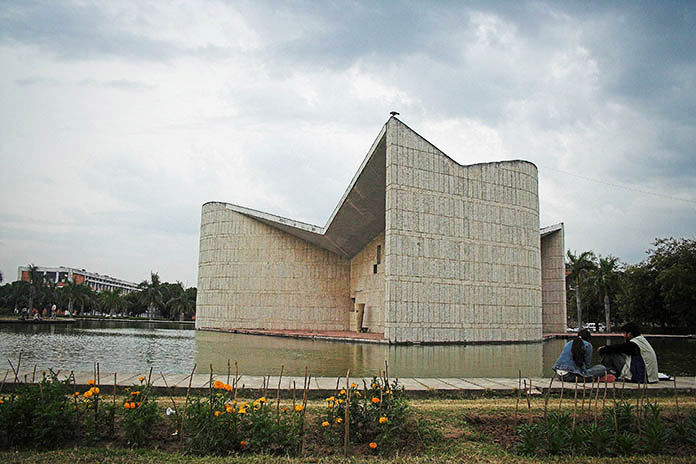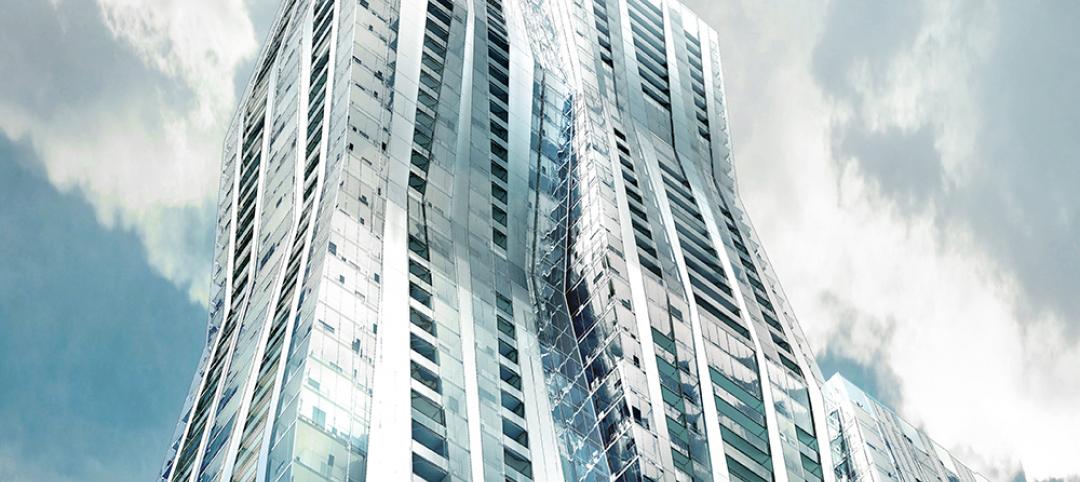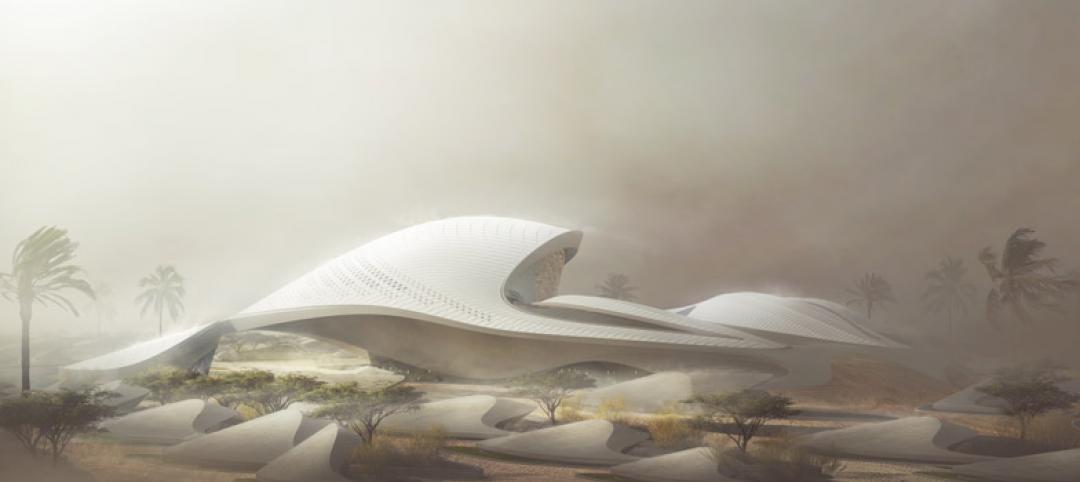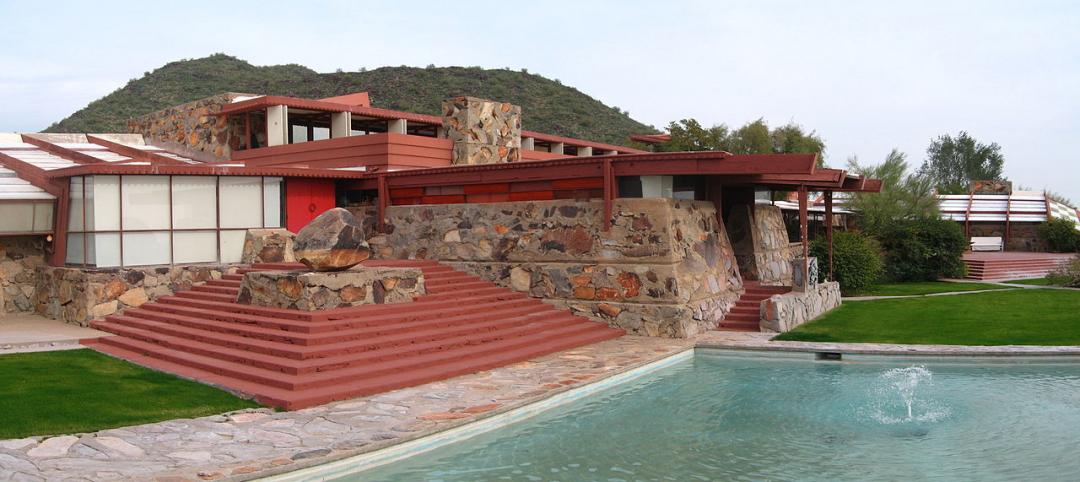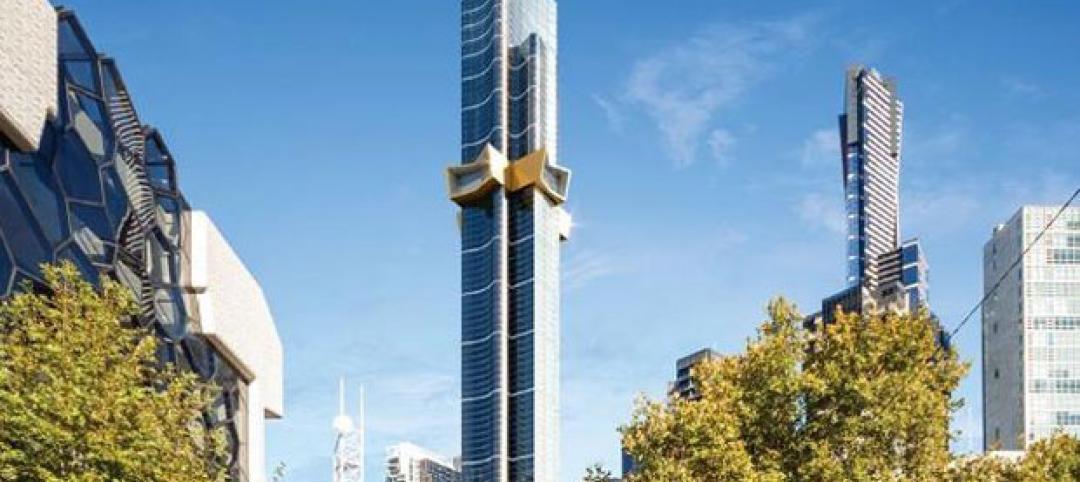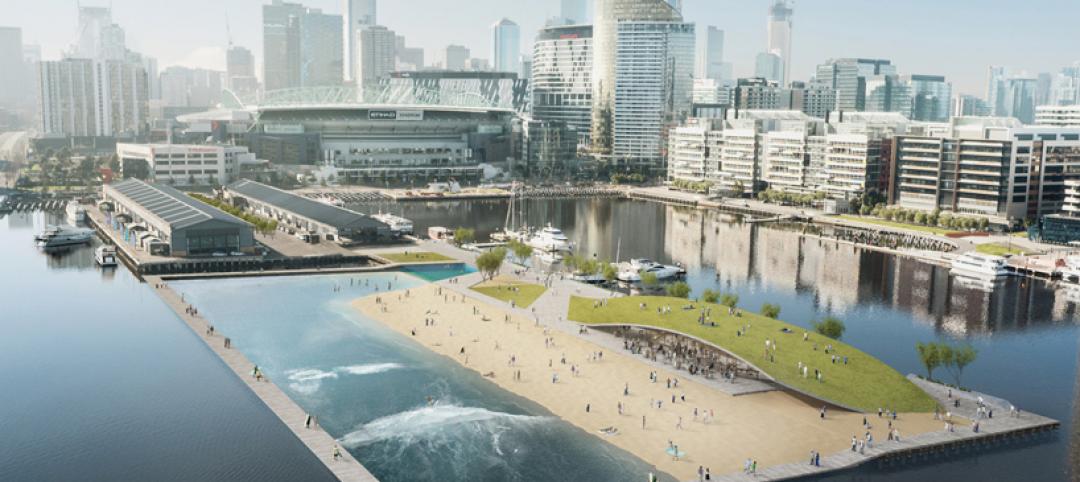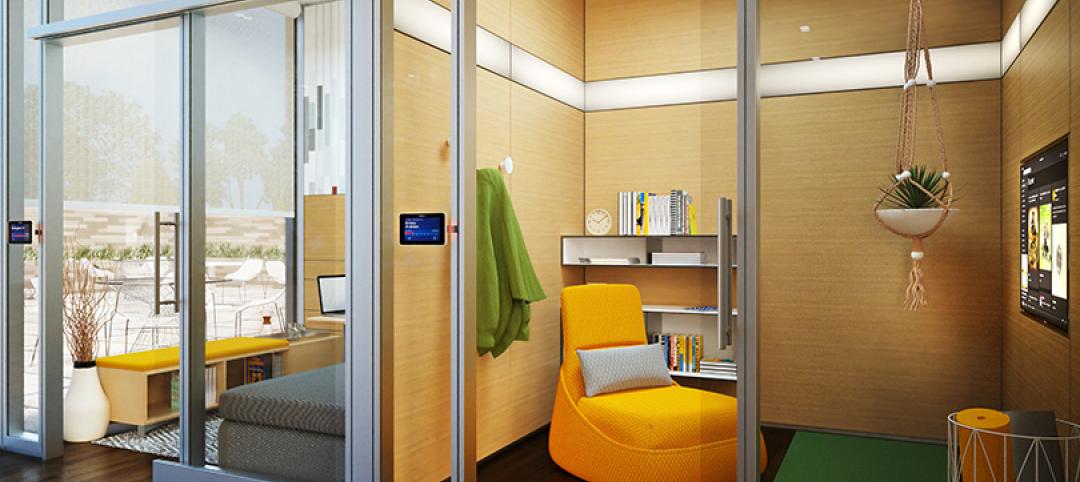The Getty Foundation announced a second series of grants for exemplary 20th century buildings as part of its Keeping It Modern initiative.
The latest grants for 14 projects in eight countries extend the program’s reach to new regions, ranging from Brazil to India. Each project is a model that reinforces the initiative’s focus on the conservation of modern architecture around the world.
The 14 projects selected to receive funding this year are:
• Frank Lloyd Wright’s Unity Temple
• Walter Gropius’ residence The Gropius House
• Erich Mendelsohn’s Einstein Tower
• Charles Rennie Mackintosh’s Hill House
• Pierre Jeanneret’s Gandhi Bhawan (Gandhi Center)
• João Batista Vilanova Artigas and Carlos Cascaldi’s School of Architecture and Urbanism at the University of São Paulo (FAUUSP)
• Marcel Breuer’s Saint John’s Abbey and University Church
• Gerrit Rietveld’s Schröder House
• Michel de Klerk’s Het Schip
• George Nakashima’s Arts Building and Cloister
• Giancarlo de Carlo "Collegi" buildings at the Università degli Studi di Urbino
• Paul Rudolph’s Jewett Arts Center at Wellesley College
• Jorge Ferreira’s Arthur Neiva Pavilion
• James Strutt’s residence The Strutt House
“Last year’s launch of Keeping It Modern emphasized that modern architecture is a defining artistic form of the 20th century at considerable risk, often due to the cutting-edge building materials that characterized the movement,” says Deborah Marrow, director of the Getty Foundation. “This new round of Keeping It Modern grants includes some of the finest examples of modern architecture in the world. The grant projects address challenges for the field of architectural conservation and will have impact far beyond the individual buildings to be conserved.”
The new Keeping It Modern grants focus on a number of pressing concerns within the conservation community, including the continued need for conservation planning for 20th century architecture, the call for models that demonstrate how to integrate conservation planning more comprehensively into the general stewardship of modernist buildings, and the lack of understanding about the aging and proper treatment of architectural concrete. The latter issue is being addressed in many of these projects.
“The use of concrete, while visually striking and radical for its time, has created a unique set of challenges for conserving some of the world’s most important modernist structures,” says Antoine Wilmering, senior program officer at the Getty Foundation. “Our new grants offer an excellent opportunity to advance research and conservation practices for this material. The accumulated knowledge that will result from the projects will be of tremendous benefit to the field.”
While the focus of Keeping It Modern is on conservation planning and research, exceptional projects that have the potential to serve as significant models for the preservation field may also be considered for implementation support. This year the Foundation is announcing the first Keeping It Modern grant at the implementation level to support the conservation of Frank Lloyd Wright’s celebrated Unity Temple in Oak Park, Illinois.
In the first year of Keeping It Modern, applications were by invitation only so that the Getty Foundation could demonstrate the type of project the initiative would support. The second year was an open call for proposals, and many high-quality projects were submitted for consideration. The projects were evaluated by an expert advisory committee that made recommendations based on a number of factors, including architectural significance, the strength of the work plan, international diversity, the potential to make a meaningful contribution to the field of conservation, and to serve as a model for conservation practice.
Keeping It Modern is part of the Getty’s strong overall commitment to modern architecture, as demonstrated by the Getty Conservation Institute’s Conserving Modern Architecture Initiative (CMAI), the extensive and growing architectural collections of the Getty Research Institute, and the 2013 Pacific Standard Time Presents: Modern Architecture initiative which focused on Los Angeles’ modern heritage. With these combined efforts, the Getty continues to advance the understanding and preservation of 20th century modern architecture.
Deadlines and criteria for the next round of Keeping It Modern applications will soon be announced on the Getty Foundation website atwww.getty.edu/foundation.
Related Stories
| Dec 22, 2014
What Building Teams can learn from home builders' travails
Commercial and residential construction can be as different as night and day. But as one who covered the housing industry for nearly a decade, I firmly believe AEC firms can learn some valuable lessons from the trials and tribulations that home builders experienced during the Great Recession, writes BD+C's John Caulfield.
| Dec 22, 2014
Skanska to build Miami’s Patricia and Phillip Frost Museum of Science
Designed by Grimshaw Architects, the 250,000-sf museum will serve as an economic engine and cultural anchor for Miami’s fast-growing urban core.
| Dec 22, 2014
Studio Gang to design Chicago’s third-tallest skyscraper
The first U.S. real-estate investment by The Wanda Group, owned by China’s richest man, will be an 88-story, 1,148-ft-tall mixed-use tower designed by Jeanne Gang.
| Dec 19, 2014
Zaha Hadid unveils dune-shaped HQ for Emirati environmental management company
Zaha Hadid Architects released designs for the new headquarters of Emirati environmental management company Bee’ah, revealing a structure that references the shape and motion of a sand dune.
| Dec 19, 2014
Chicago Architecture Biennial to hold 'Lakefront Kiosk Competition'
The first Chicago Architecture Biennial will take place from October 2015-January 2016, with a theme of "The State of the Art of Architecture."
| Dec 18, 2014
Frank Lloyd Wright's Taliesin West to be recreated—with LEGO
Containing more than 180,000 LEGO bricks in 11 colors and 120 different shapes, the model measures eight by four feet and is made entirely of standard LEGO parts.
| Dec 18, 2014
11 new highs for tall buildings: CTBUH recaps the year's top moments in skyscraper construction
The Council on Tall Buildings and Urban Habitat cherrypicked the top moments from 2014, including a record concrete pour, a cautionary note about high-rise development, and two men's daring feat.
| Dec 18, 2014
International Parking Institute and Green Parking Council collaborate with GBCI
The new collaboration recognizes importance of sustainable parking facility design and management to the built environment.
| Dec 18, 2014
Top 10 sports facilities of 2014: Designboom ranks the year's best projects
The list includes some of the year's epic stadiums, such as World Cup Stadium Arena de Amazonia in Manaus, Brazil, and smaller projects, like the Spordtgebouw Sports Centerin the Netherlands.
| Dec 18, 2014
In response to ultra-open and uber-collaborative office environments
Susan Cain’s bestselling 2012 book, "Quiet: The Power of Introverts in a World That Can’t Stop Talking" has made an impact on how we understand our current workforce, recognizing that at least one-third of the people we work with are introverts, writes SRG Partnership's Susan Gust.


